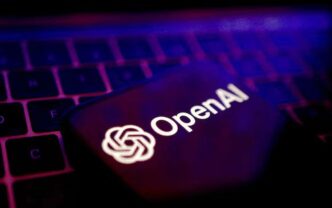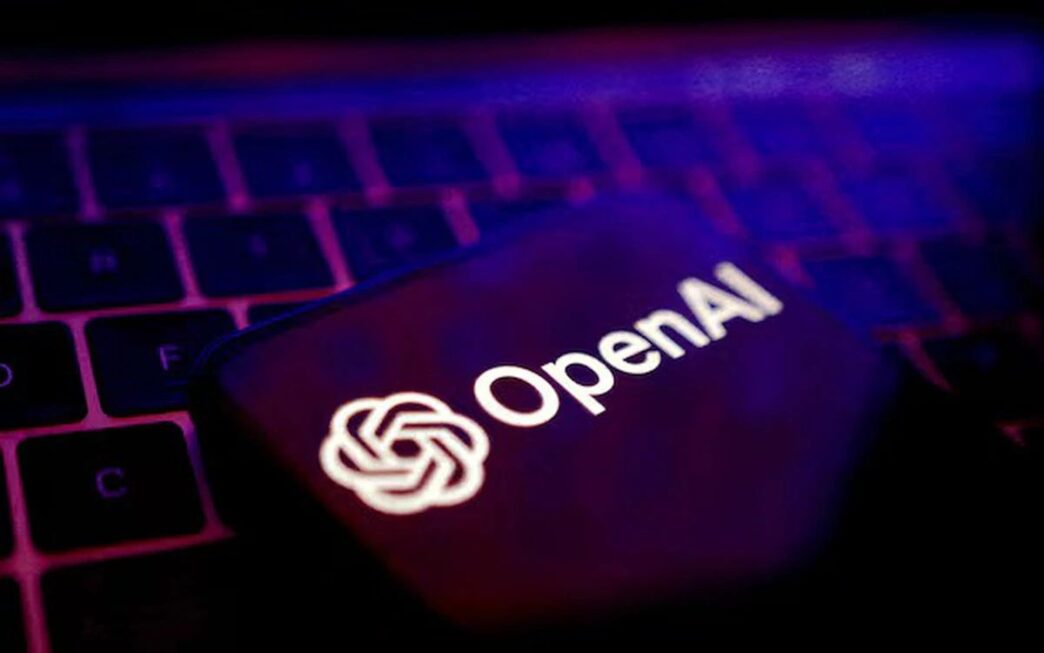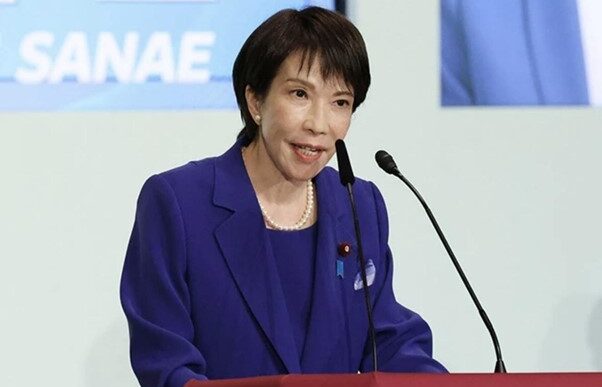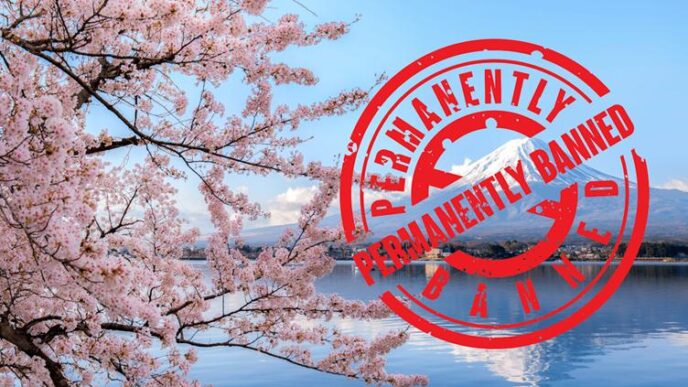Advancing Generative AI in Public Services, Promoting International AI Governance OpenAI and Japans Digital Agency have formally announced a strategic collaboration to explore and expand the use of generative AI in improving public services across Japan, while also supporting and shaping international frameworks for safe AI governance.
What the Collaboration Involves
- Gennai: As part of the collaboration, the Digital Agency will roll out Gennai, a new AI tool powered by OpenAI’s advanced large language models, to government employees. The goal is to support administrative tasks and enable innovative applications within public sector workflows.
- Expanding Access in FY2026: The plan is for government employees to begin using these generative AI tools in earnest starting in fiscal year 2026, with wider adoption by other government agencies, once certain information security requirements are satisfied.
- Security and Certification: OpenAI has committed to pursuing ISMAP (Information System Security Management and Assessment Program) certification so that AI tools meet Japan’s government security standards.
Governance, Policy & International Dimensions
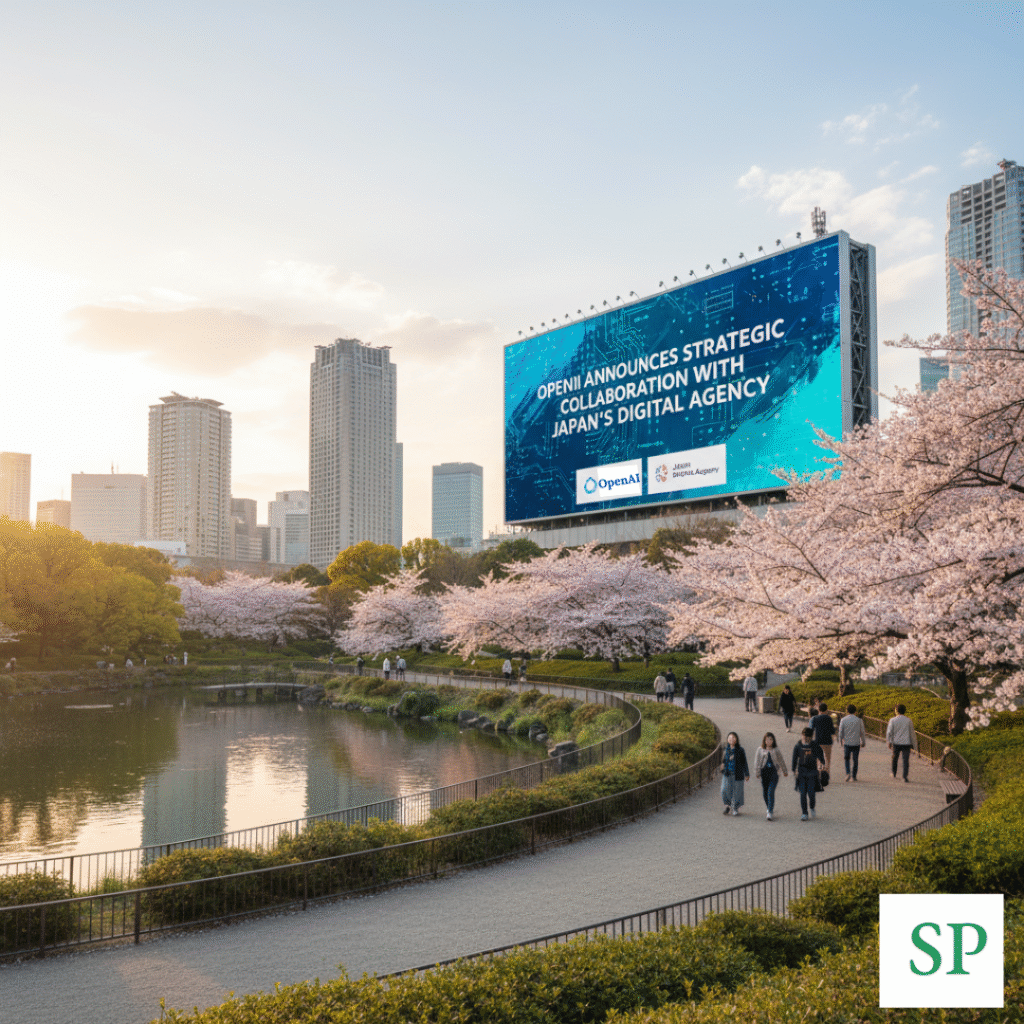
- Hiroshima AI Process: OpenAI is contributing to the pilot launched by the OECD and G7 under Japan’s leadership, known as the Hiroshima AI Process. This includes a Comprehensive Policy Framework which sets out guidelines and a code of conduct for adoption of advanced AI systems across governments, private sectors, academia, and civil society—particularly with outreach to Asian countries and emerging economies.
- Core Themes: The agreement emphasises safety, transparency, reliability, and international cooperation. OpenAI and the Japanese government will deepen partnerships not only within central government but also with local authorities, educational institutions, industry, and other stakeholders.
Context & Motivations
- Public Service Needs: Japan faces demographic challenges—including a shrinking workforce and aging population—that make efficiency gains in government necessary. Generative AI tools are seen as one way to alleviate administrative burdens.
- Prior Steps: The Digital Agency has already been exploring the use of generative AI internally. For instance, a technology validation was carried out in fiscal 2023 to test how generative AI might improve administrative work, identify use cases, and assess risks. Also, the Agency has produced internal digital tools, such as Gennai, to assist staff with legal research and responses in government.
- Policy & Legal Frameworks: In May 2025, Japan’s Digital Agency, in cooperation with other ministries, approved “The Guideline for Japanese Governments’ Procurements and Utilizations of Generative AI for the sake of Evolution and Innovation of Public Administration,” aiming to bring generative AI into government work in a regulated, secure way.
Potential Benefits & Challenges
Benefits:
- More efficient public administration, through machine-assisted legal research, drafting, responses, document retrieval, etc.
- Improved citizen services by streamlining workflows, reducing processing times.
- Positioning Japan as a leader in safe, government-level deployment of generative AI.
- Shaping international norms, ensuring that best practices around trust, security, transparency are part of how generative AI proliferates globally.
Challenges:
- Ensuring data security and privacy, particularly with sensitive government data. The ISMAP certification requirement reflects this concern.
- Managing risk (bias, misuse, errors) in public service settings.
- Ensuring that employees are trained to use AI tools effectively, and that institutional processes adapt.
- Balancing innovation speed with regulatory scrutiny and public trust.
What to Watch
- How Gennai performs in real administrative settings: what tasks are automated, error rates, usability, and feedback from government users.
- Whether OpenAI succeeds in meeting Japan’s security and compliance requirements (e.g. ISMAP).
- How the Hiroshima AI Process frameworks are adopted by broader international actors, especially in Asian countries and emerging economies.
- Legislative or regulatory support (national law, procurement rules) that may be adjusted to accommodate or regulate AI in government.
- The ethical, legal, and societal reactions among citizens regarding AI’s role in public services.
Implications Going Forward
This collaboration signals an important moment in the evolution of public sector AI adoption. It suggests:
- Governments are increasingly willing to partner directly with AI companies to embed AI into core functions of administration.
- There is growing international momentum (via OECD, G7, and national policy efforts) to standardize safe, trustworthy AI governance.
- The necessity of aligning policy, technology, trust, and security is seen as non-optional for large countries with high regulatory expectations like Japan.
Also Read: Sanae Takaichi Set to Become Japan First Female Prime Minister
Conclusion: Japans Digital Agency
OpenAI’s strategic collaboration with Japan’s Digital Agency represents more than just deploying generative AI tools—it’s a deliberate push to weave AI safety, governance, and public good into how AI is used in government. If successfully implemented, it could serve as a model for other countries navigating similar opportunities and risks around generative AI, especially in the public sector.
Source: https://openai.com/global-affairs/strategic-collaboration-with-japan-digital-agency/
